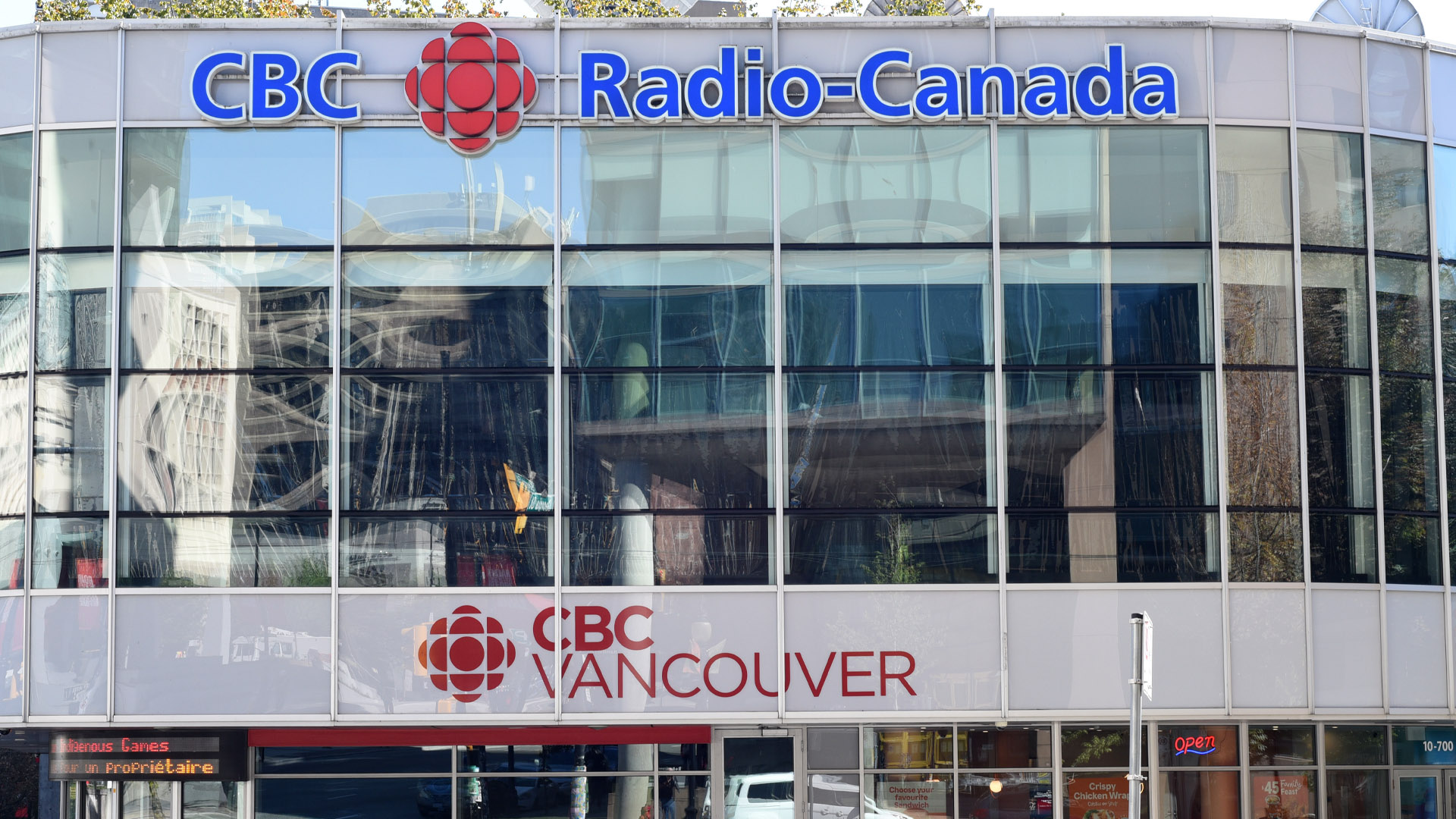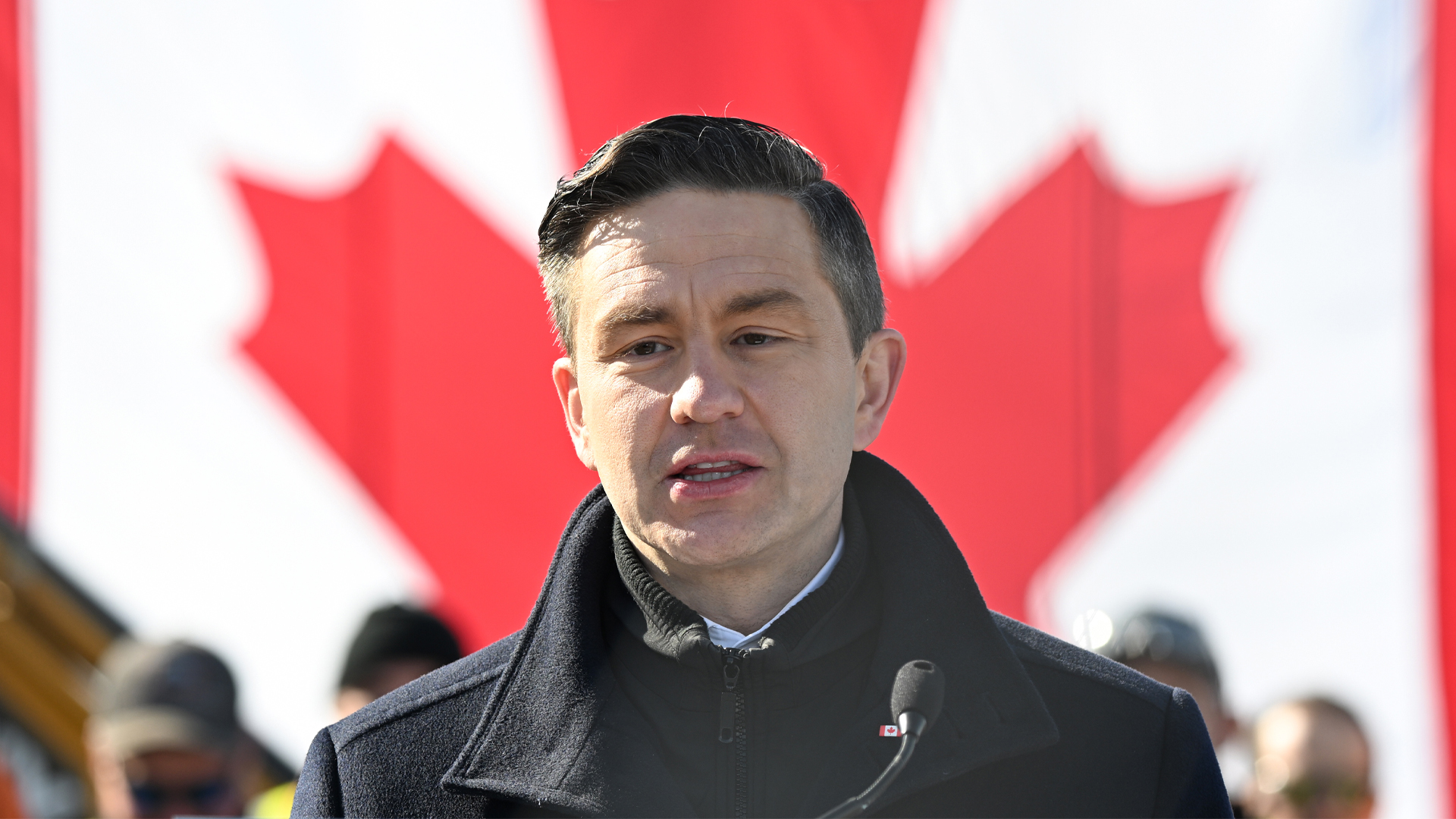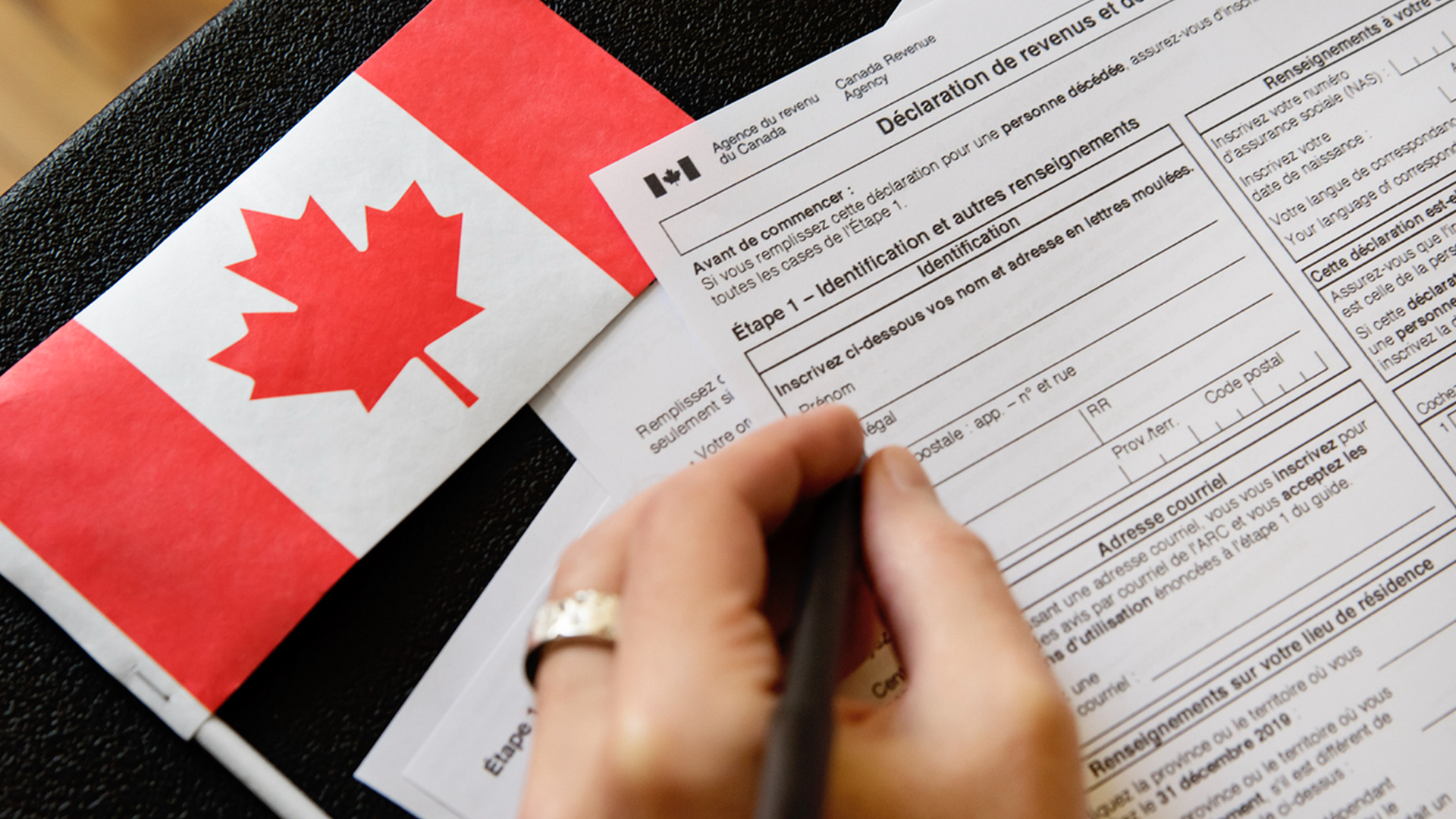
Sign up for A Stronger Canada for The Trump Era. A temporary newsletter with the latest Canada-U.S. analyses from Policy Options.
Donald Trump remains a top concern of Canadians heading to the polls for the April 28 federal election, a recent survey by Nanos Research reveals. Rightly so.
The U.S. president has repeatedly attacked Canada’s sovereignty, mocked our nation with “51st state” rhetoric and disrupted our economy with erratic tariffs threats. All federal political parties have proposed ways to fight these issues.
But on another equally important policy – science – Trump has found kindred spirits in the Conservative Party. The dangers of importing such an approach to Canada are enormous.
The Conservative Quebec platform, unveiled recently by Leader Pierre Poilievre, says: “A Conservative government would put an end to the imposition of woke ideology . . . in the allocation of federal funds for university research.”
Using similar arguments – especially with regard to diversity, equity and inclusion (DEI) policies – the Trump administration has systematically cut federal funding for critical scientific research. Projects studying vaccines, infectious diseases such as HIV, and the health of sexual and gender minorities were specifically axed.
Despite Poilievre’s attempts to distance himself from Trump in some areas, his platform reveals he would follow the same path in attacking critical research, which should be free from political interference.
Voters must take this seriously. Canadians deserve better. We deserve a government that won’t muzzle scientists and won’t silence research when it is not convenient for a political agenda.
If the Conservative Party failed to consider the consequences of such a policy, its leaders are dangerously incompetent. If they did understand yet chose to push forward, their actions are not just reckless but are delusional and possibly even malicious.
Poilievre should not follow in Trump’s footsteps. There is still time to reconsider. He can withdraw this dangerous policy from the Conservative platform and issue a sincere apology, along with an expression of appreciation for the scientific minds who are helping to build Canada’s future.
For the other federal parties, strong condemnation is not only warranted but necessary. They should also put bold policies in this area into their own platforms.
Trump’s attacks hurt U.S. research and society
Trump’s funding cuts are having a wide impact in the U.S.
For example, my former lab at Johns Hopkins and our research on COVID-19 was not spared. This lab played a vital role during the pandemic, offering expert insights when they were most needed.
I have friends who dedicated years to their PhDs and to postdoctoral research but suddenly found their work stalled or defunded. Promising projects were abandoned midstream. The emotional toll was enormous – dreams delayed, careers derailed and years of hard work jeopardized by politics.
Other classmates had just begun their careers at esteemed public institutions such as the CDC, FDA and NIH when they were caught in politically motivated waves of layoffs. These weren’t simply staffing cuts. They were a direct hit to the brain trust of American public health.
In many cases, internationally renowned scientists were pushed out with little regard for their past or ongoing contributions to U.S. and global medical innovation. Critical institutional leadership built on decades of experience was abruptly dismantled.
The long-term consequences of this exodus on the U.S. will be profound. With fewer experts guiding national research agendas, scientific progress will slow. Fewer urgently needed clinical trials will get off the ground. Early detection of emerging health threats will become less reliable.
Unsurprisingly, a survey conducted by the prestigious journal Nature found that 75 per cent of respondents, or more than 1,600 researchers, were considering leaving the United States. Their top destinations? The European Union and Canada.
This moment presents a strategic opportunity for the next Canadian government. With the United States experiencing a growing brain drain, Canada stands to benefit.
The federal government and our institutions of higher learning should directly reach out to renowned scientists who were displaced by Trump’s ideological purge and offer them a place to continue their work, free from political interference.
This wouldn’t just be an act of goodwill. It would be a smart investment. Having more world-class researchers in Canada would boost our innovation ecosystem, attract even more new talent and raise our global profile.
What Canada must do
The other federal political parties should put bold commitments in their platforms: increased funding for scientific research and clear pathways for qualified international researchers to settle in Canada and contribute to our national and global scientific advancement.
Conservative MPs and candidates running in ridings with major universities and research institutions must speak out. They have a duty to the students, faculty and researchers in their communities.
Ultimately, even Canadians who don’t work in research or academia have a stake in this issue. Voters should oppose this anti-science policy because its consequences reach far beyond the lab.
The Conservative platform proposal would slow scientific progress, make us more vulnerable to disease and delay life-saving discoveries – potentially by decades.
From an economic perspective, the damage is just as serious. This policy risks driving scientists, researchers and students out of communities that host or border major universities. These people aren’t just academics. They’re renters, grocery shoppers, restaurant customers and taxpayers. If funding disappears, so will they – and the local economic activity they support.









